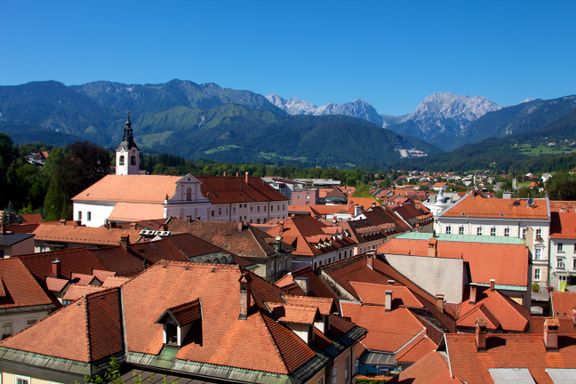|
|
| Line 28: |
Line 28: |
| | * [[Mali grad]] | | * [[Mali grad]] |
| | * [[Zaprice Castle]] | | * [[Zaprice Castle]] |
| | + | * [[:Category:Municipalities|List of municipalities]] |
| | | | |
| | == External links == | | == External links == |
| Line 34: |
Line 35: |
| | [[Category:Funding]] | | [[Category:Funding]] |
| | [[Category:Municipal funding]] | | [[Category:Municipal funding]] |
| | + | [[Category:Municipalities]] |
Revision as of 14:46, 30 March 2010
The Municipality of Kamnik covers a total area of 266 square kilometres and has a population of 26,275 people (2002) living in 102 settlements. The town of Kamnik was first mentioned in the mid 12th century, and was established around two castles, Stari and Mali grad. Its location on the trade route between the Adriatic coast and the Pannonian plain ensured its importance as a market town. Starting in 1501, Kamnik was awarded a special privilege to hold a fair on the day of St Primož and Felicijan (9 June). Today Kamnik is a member of the Slovene Association of Historic Towns. Its tourist attractions comprise St Primož Church in the ruins of Mali grad above Kamnik (an important medieval monument with fresco paintings and a wooden ceiling) and the Medieval Days, Kamnik festival. Other interesting sites and monuments in Kamnik Municipality include the Arboretum Volčji Potok, the Monastery and Herbal Park at Tunjice and Županje Njive Snovik spa.
See also
External links
Municipality of Kamnik website




